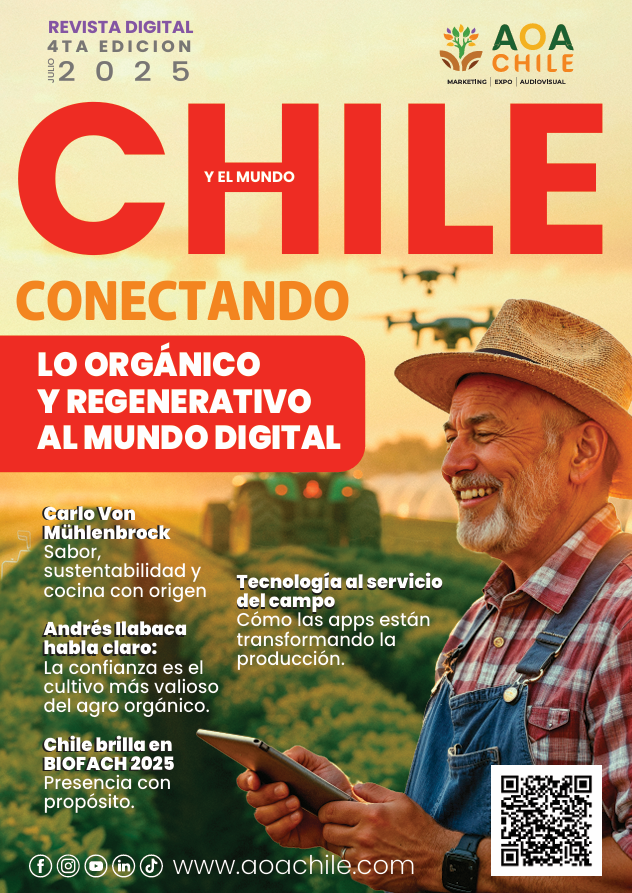The infectious disease caused by SARS-CoV-2 has influenced positive as well as negative aspects in the organic world, from the increase in sales of organic products, the increase in single-use plastics and online sales.
Increase in sales in organic products
As stated by the Organic Trade Association (OTA), in 2019, sales of organic products rose exponentially in different parts of the world. Consumers turned to the trusted organic label, and both organic packaged and frozen foods saw double-digit growth as people increased their home cooking. “The pandemic has only increased our desire for clean and healthy food,” explained Laura Batcha, CEO and Executive Director of the OTA.
In addition, the director said that our normal lives have been stopped by the coronavirus, which has led to the commitment to the organic label always resided in the relationship of health and safety; hoping that this commitment will strengthen with the passing of time.
Single-use plastic
A negative factor that we can analyze is the increase in single-use plastics, they became widespread to avoid the risk of infection against the coronavirus and that is how disposable plastic products grew exponentially. The main problem is that all these plastic products, most of which are to be used and thrown away, are difficult to recycle due to their sanitary use.
Environmentalists from different territories fear that the plastics industry has exploited the health emergency in order to maintain that single-use plastic is necessary to ensure people’s lives. Given this situation, it seeks to promote the use of plastics and others. instruments for protection against viruses that are reusable, in order not to have a resounding impact on the environment.
Online sales
Although purchases over the internet allow safer access to different products from the point of view of the pandemic, since it prevents people from leaving their home and spreading the virus, they are harmful to the environment . The same is evident in air pollution, which represents a significant health risk and kills seven million people each year around the world, according to data from the World Health Organization (WHO). In short, online purchases involve more polluting emissions and these harm organic food production, progressively degrading the ecosystems where crops are grown.
Cristian Martin Ruchaj
Communications Manager.



